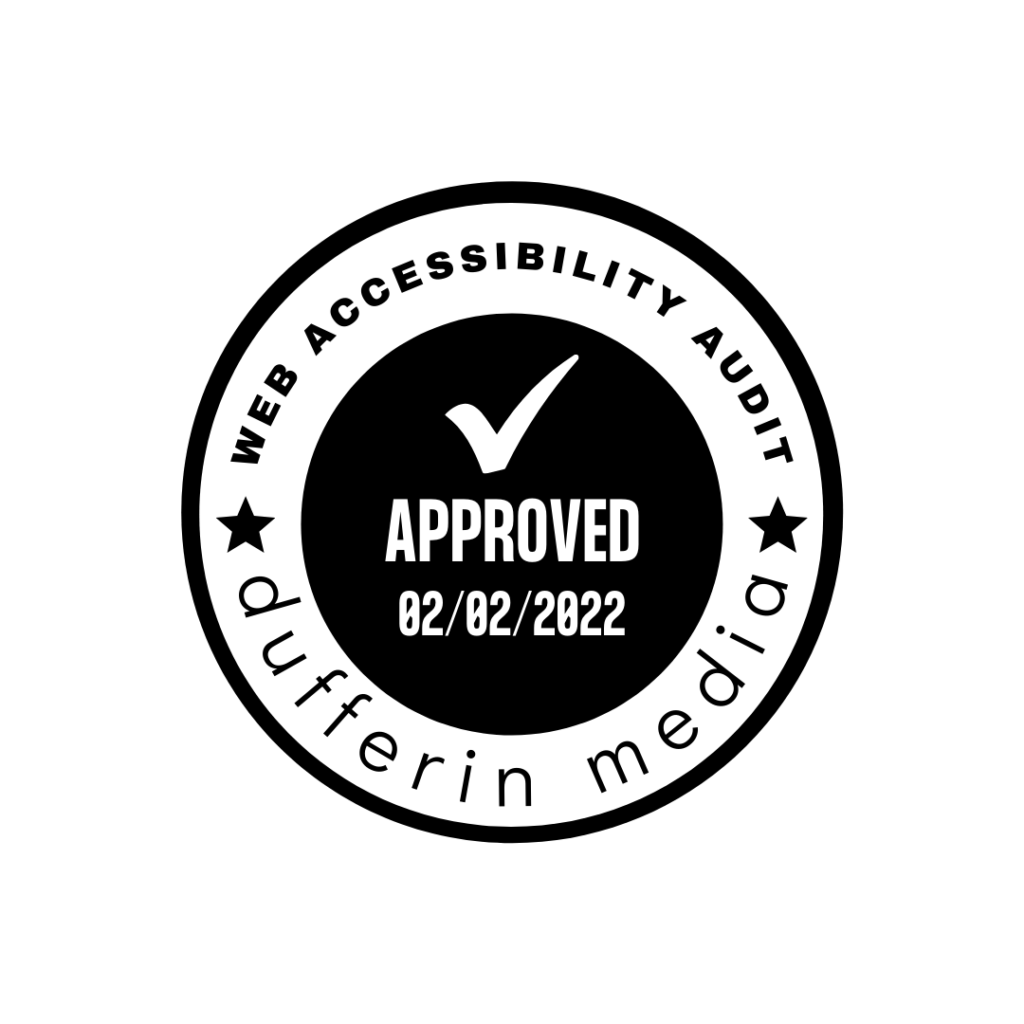A Guide for Parents
When parents separate or divorce, one of the most significant challenges they face is deciding on how to share their parenting responsibilities. One of the critical components of this decision-making process is determining how to allocate responsibility of decision-making and parenting time. Foote Law in Orangeville can help parents navigate this process.
Decision-Making Authority
Decision-making responsibility refers to the power to make major decisions that impact a child’s life, such as decisions about their education, healthcare, and religious upbringing. Upon separation, parents can allocate this responsibility in various ways, depending on their circumstances and the best interest of the child. For example, some parents may agree to share decision-making responsibility equally, while others may decide that one parent should have sole decision-making responsibility. In some cases, parents may agree to divide the decision-making responsibility by topic area, with each parent having the final say in specific areas.
When deciding on how to allocate decision-making responsibility, parents should consider various factors, such as each parent’s ability to make informed decisions, their willingness to cooperate and communicate, the child’s needs and preferences, and the potential impact on the child’s well-being.
Parenting Time
Parenting time refers to the time that each parent spends with the child. Parents can allocate parenting time in various ways, depending on their schedules, the child’s needs, and other factors. For example, some parents may agree to a 50/50 parenting time arrangement, where the child spends equal time with each parent. In contrast, others may agree to a primary residency arrangement, where the child resides primarily with one parent, and secondarily with the other parent.
When deciding on a parenting time arrangement, parents should consider various factors, such as the child’s age and developmental needs, each parent’s work schedule and availability, the child’s school and extracurricular activities, and the child’s relationship with each parent.
Making Decisions About Decision-Making & Parenting Time
When deciding upon decision-making authority and parenting time, parents should consider the best interests of the child. In some cases, parents may be able to come to an agreement on their own, while in other cases, they may need the help of a mediator or a family law lawyer. Foote Law can provide valuable guidance and support throughout the decision-making process. A family law lawyer can help parents understand their legal rights and obligations, identify potential issues and concerns, and develop a plan that meets the child’s needs and the parent’s preferences.
Making choices about decision-making responsibility and parenting time can be challenging for parents, but it is essential to ensure that the child’s best interests are served. By considering various factors and seeking the guidance of the family lawyers at Foote Law, parents can navigate this process successfully and create a plan that works for everyone involved.


